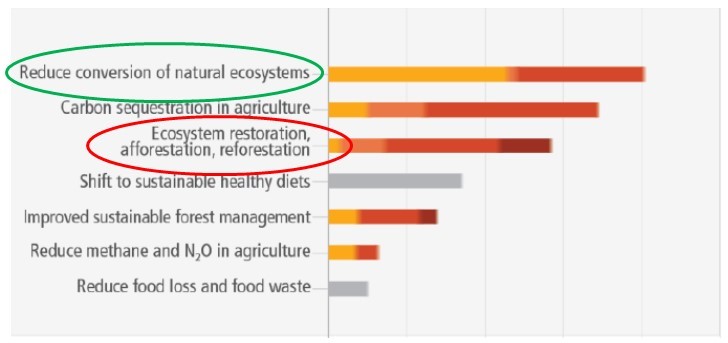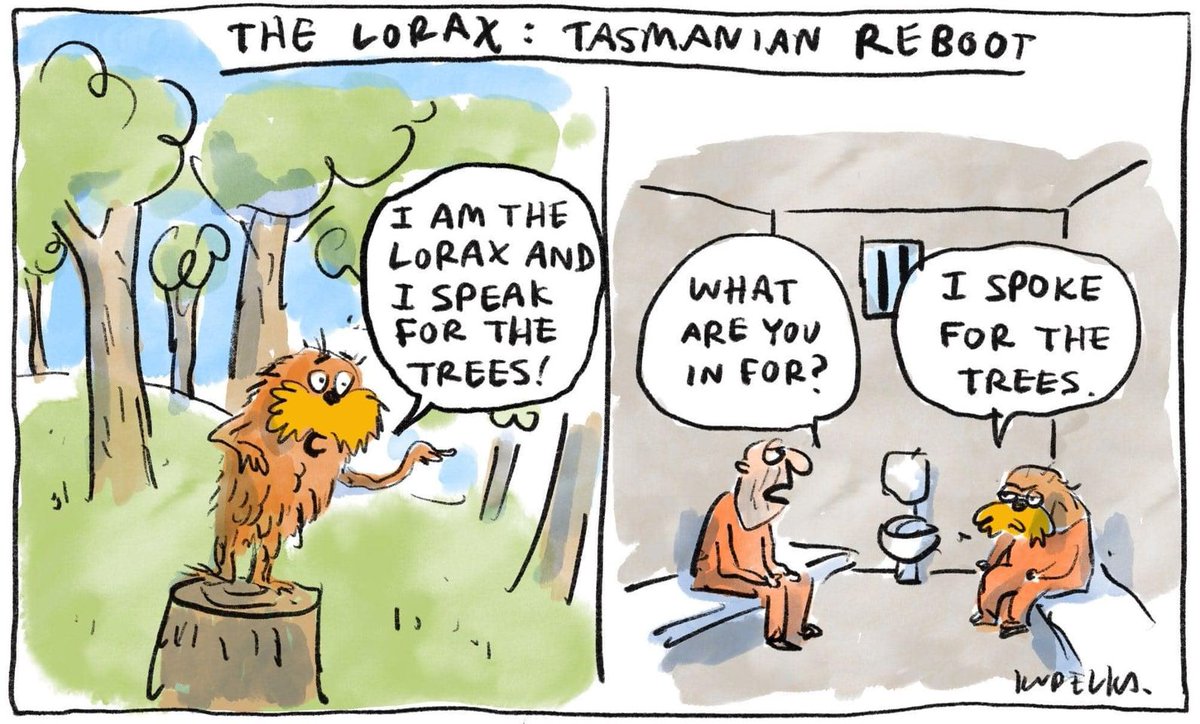
9 years in the making, yesterday's #IPCC 6th assessment report synthesises a 6000-page (?) summary of climate and related sciences, and is arranged around 18 'headline statements'
I'm going to try and summarise it in 18 plain-language tweets 😬
I'm going to try and summarise it in 18 plain-language tweets 😬
1/ By burning stuff & emitting gasses we’ve DEFINITELY heated the world by 1.1C, but we haven’t stopped doing it. Wealthy countries and individuals have contributed much more to the problem, so we’re not equally to blame 

2/ This has already had massive impacts on the weather, the oceans and the living world, everywhere on Earth. These changes have been catastrophic for people and nature, but those who have contributed least to the problem are the ones paying most of the costs 

3/ Some people are starting to adapt, and adaptation works, but there’s not nearly enough of it. Already, in some places, adaptation isn’t feasible, in others it’s simply not possible. We need much more spending on adaptation, especially in the Global South 

4/ There are increasing policies to mitigate climate change but not nearly enough. Even if all countries met their pledges we’d hit 1.5C and prob. 2C this century. However, countries aren’t even putting in place policies to allow them to meet their pledges, or investing the cash 

5/ If we continue to burn stuff we’ll hit 1.5C very soon, and every bit of warming will make all the extreme impacts we’ve seen worse. But if we stop very quickly, warming would start to noticeably slow within 20 years 

6/ For any level of warming, things will be much worse than we thought they’d be (in the last report). The damage will be much worse the more it warms and, because the impacts are interacting, they’ll become much more complex and difficult to manage 

7/ Some changes are now unavoidable and irreversible, but we can limit them by stopping burning stuff asap. The more we heat the planet, the more likely we’ll cause sudden or irreversible changes, and the greater the chances of unimaginably catastrophic outcomes 

8/ The more we heat the planet the greater the damage will be, but nature will be less able to sustain us and we’ll find it harder to adapt. We must be careful to avoid adapting in ways which make the problem worse 

9/ To stop the heating we need to stop burning stuff, but it’s not when we stop that matters - it’s how much we burn in the meantime. If we don’t make huge cuts this decade we won’t keep below 2C, and we already have enough fossil fuels to blow past 1.5 without looking for more 

10/ The only way we’ll have even half a chance of staying below 1.5C is by immediately stopping burning stuff. Every sector, everywhere around the world, has to do it. To stay below 1.5C we need to have stopped completely within 30 years 

11/ If heating goes beyond 1.5C it could potentially be brought down again if we could work out how. This would require CO2 removal, but that might not be feasible. If we do ‘overshoot’, bad things will happen and might be irreversible 

12/ Climate change threatens everything and we have very little time to secure a liveable future. To get out of this we need to cooperate, include everybody, and invest massively. What we do in the next few years will determine the future for thousands of years 

13/ The more we do now, the less damage there’ll be. The more we delay, the less we’ll be able to do and the more expensive it will be. It won’t be cheap or easy, but governments can make it easier 

14/ Everything has to change if we want to survive. We already have many of the solutions but we have to completely transition to them 

15/ Many of the things we need to do to reduce mitigate climate change and adapt to its impacts will also help achieve our sustainable development goals 

16/ Mitigating and adapting to climate change will be easier if we make it fair and take care of everybody, and the best way to adapt is to help the most vulnerable. Individual behavioural and consumption changes [that's me & you] are important and are also good in other ways 

17/ Governments need to get serious and use all their influences – laws, taxes, subsidies, coordination across sectors – to help the rest of society get on with the changes we need. It will be better if diverse people and perspectives are involved in decision-making 

18/ We need to be spending much more money on this, and there’s easily enough money around for it, but there are… ‘barriers’ 

That's it! Forgive me if I missed some nuance or your favourite bit
If any of that makes you want to do something – and if not you, who? – here are some tips
(it's another long thread though, maybe leave it for later)
If any of that makes you want to do something – and if not you, who? – here are some tips
(it's another long thread though, maybe leave it for later)
https://twitter.com/CharlieJGardner/status/1424792447062847497
• • •
Missing some Tweet in this thread? You can try to
force a refresh











